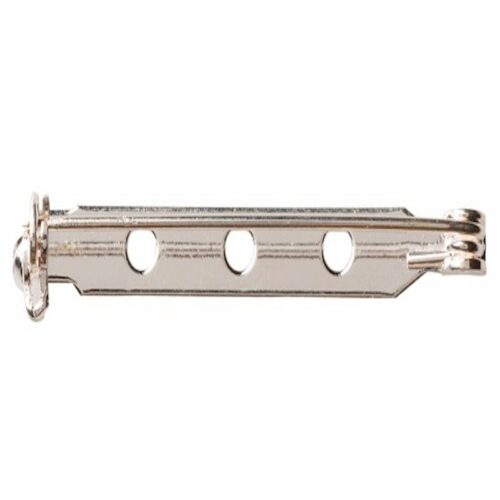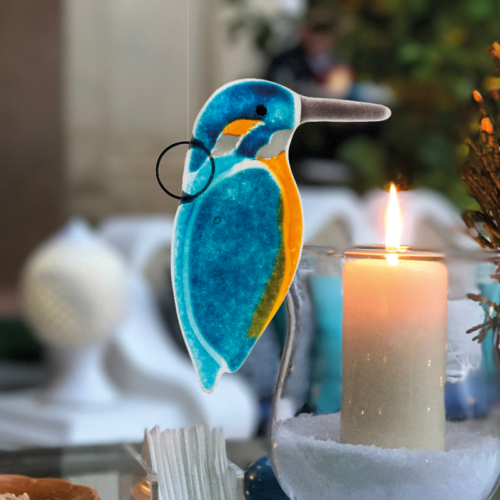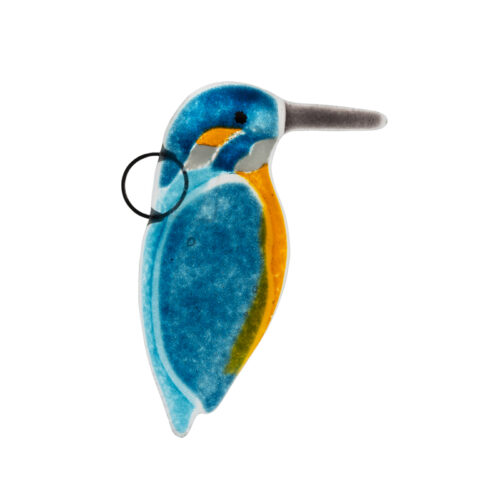Fratercula arctica
kr. 299,00
1 in stock (can be backordered)
Fratercula arctica
1 in stock (can be backordered)
Lunden kaldes undertiden også for søpapegøje på grund af dens store og farvestrålende næb. Den er let af kende i sin sommerdragt, netop på det store trekantede og farverige næb og det store hoved. I dens vinterdragt er både fjerdragten og næbbet mørkere. Lunden har en kropslængde på 28-34 cm og et vingefang på 50-60 cm.
Lunden opholder sig på det åbne hav i Nordsøen, og den yngler i store kolonier på små øer og holme i Nordatlanten.
På fuglefjeldet bygger den rede i fjedrevner, og den lægger æg i maj eller juni. Typisk lægges kun ét æg som ruges af begge forældre, og den ene unge bliver i reden i op til 40 dage, hvorefter forældrene efterlader den alene, og den selv flyver fra reden i den mørke nat.
Lunden lever af mindre fisk. Den svømmer under vandet ved hjælp af sine vinger, og den er således i stand til at tage fisk op med næbbet, mens vingerne bruges til at svømme med. Den kan tage helt op til ti fisk med ind langt ude fra havet. Lunden er relativt sjælden i Danmark, men hvis man er heldig, kan man se, at den stikker hovedet under vandet for at skabe sig et overblik og derefter dykke under.
I Danmark passerer efterårstrækket Danmark fra slutningen af august til slutningen af november, og lunden tilbringer vinteren på åbent hav, for igen at returnere i løbet af marts og maj.



